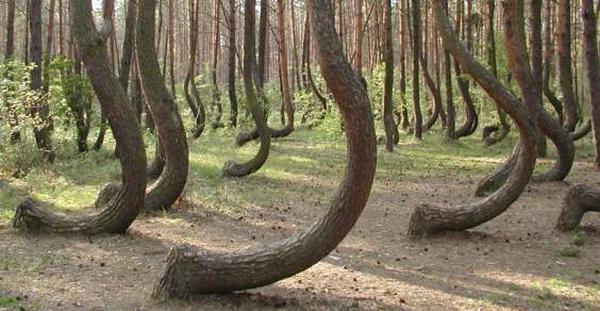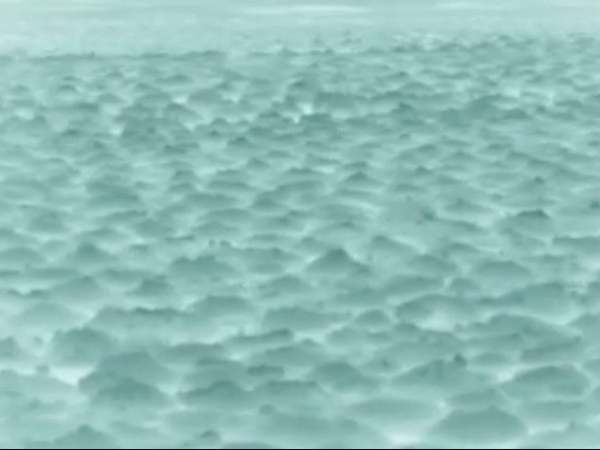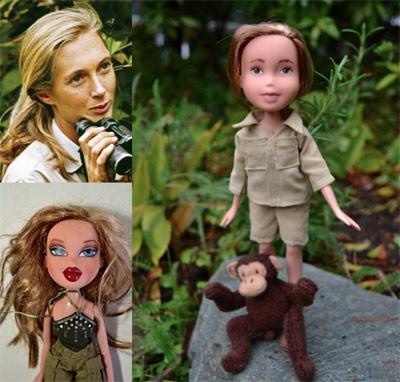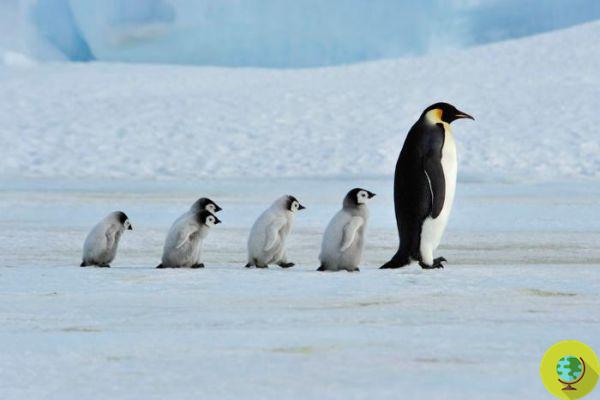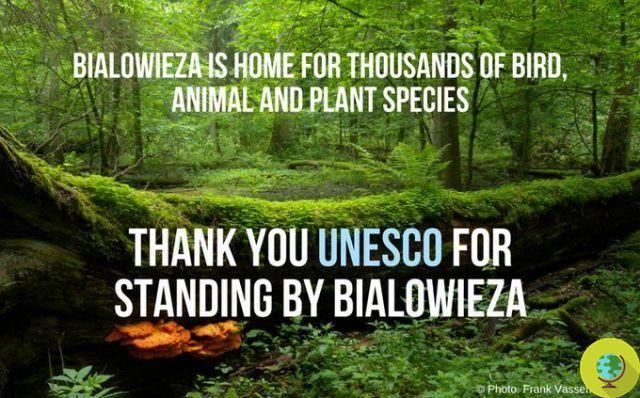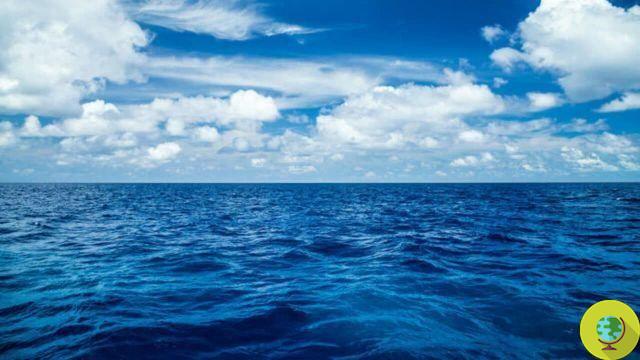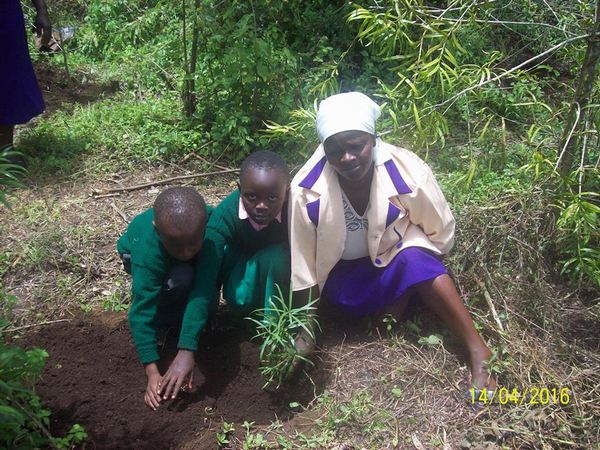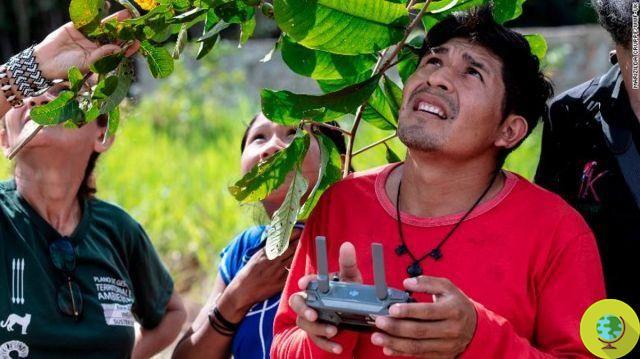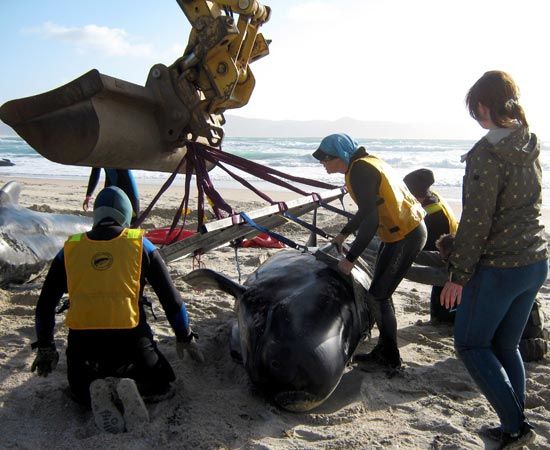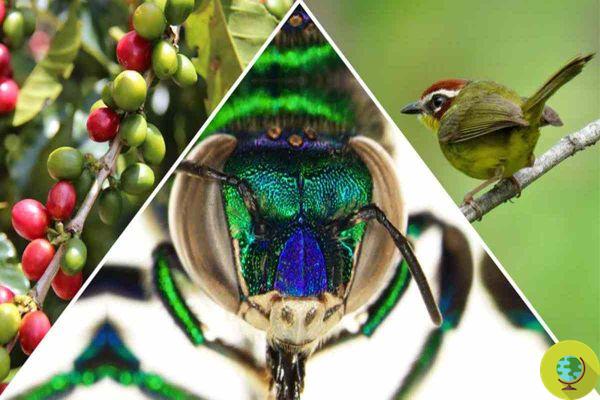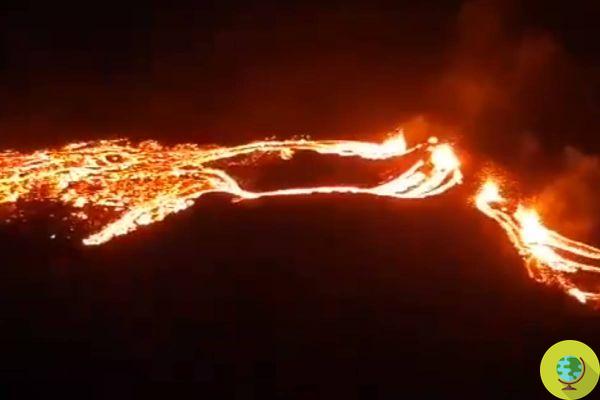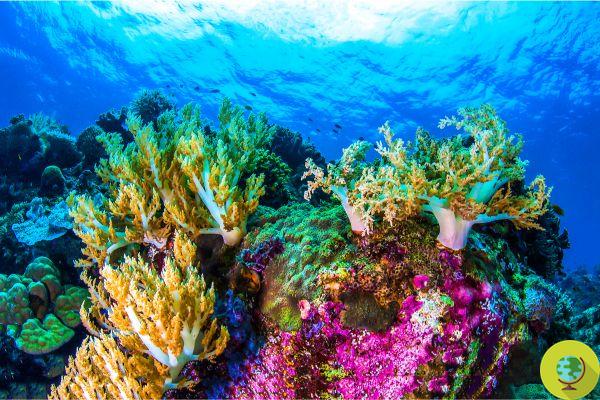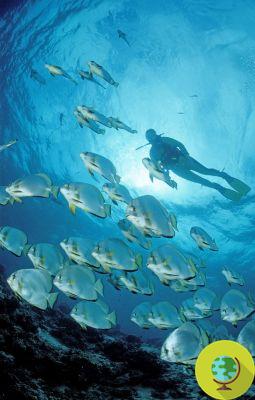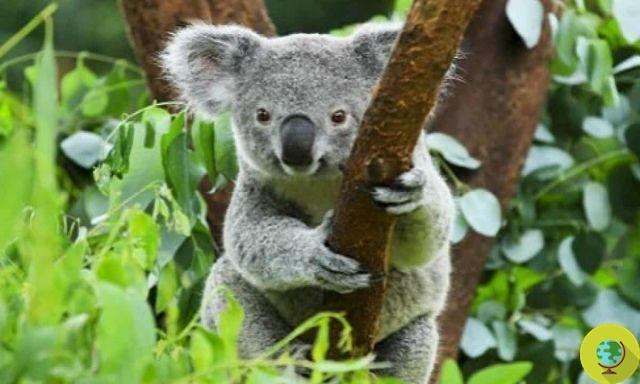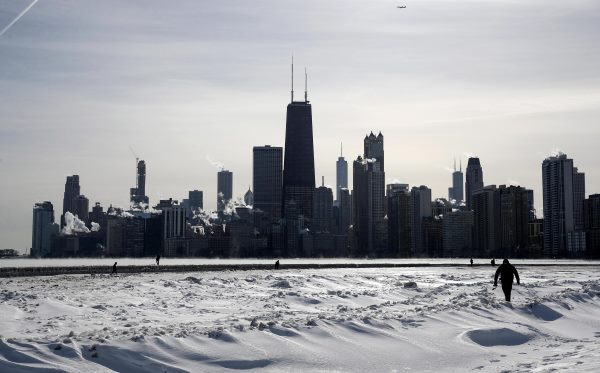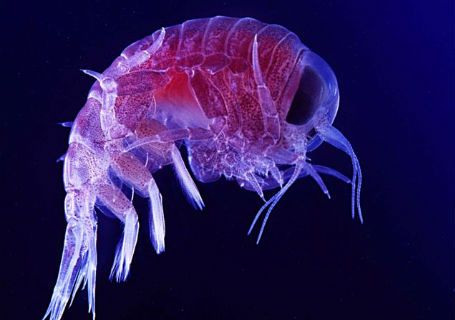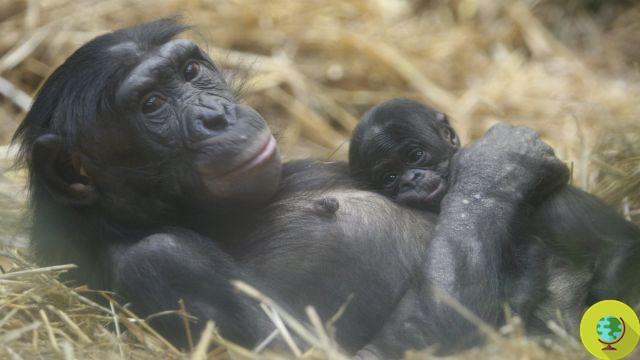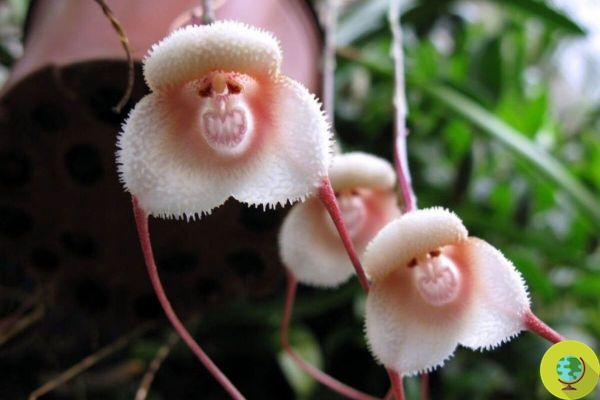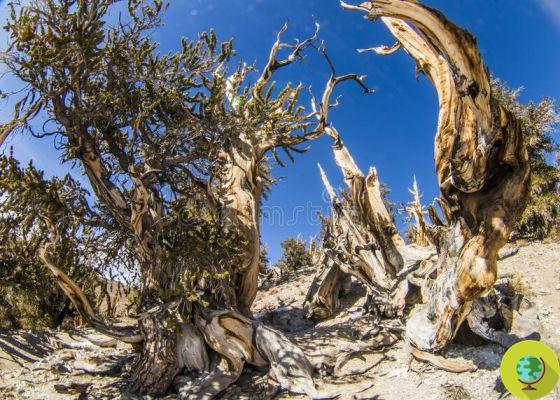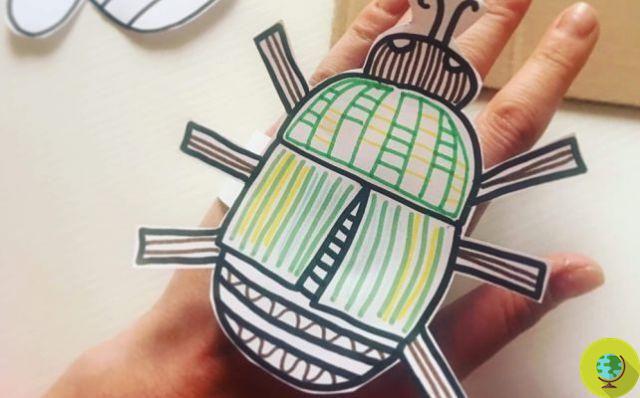
A future without insects is not conceivable and humanity's task is precisely to safeguard them. To say this, it is the entomologist Anne Sverdrup-Thygeson who launches a warning: 'if the fabric crumbles we will have bad consequences'.
He is about to end up run over, his mother saves himA future without insects is not conceivable and humanity's task is precisely to safeguard them. To say it is the entomologist Anne Sverdrup-Thygeson which launches a warning: 'if the fabric crumbles we will have bad consequences'.
It is certainly not new and unfortunately the numbers of the IUCN speak for themselves: 400 species of insects have already become extinct. But a world without insects is not conceivable because as we know they are fundamental for the ecosystem.
They are pollinators and not least present at various levels in the food chain, so when we lose an insect, we always skip a few links.
“Insects are the glue of nature and there is no doubt that both the numbers and the diversity of insects are decreasing. At some point, the fabric crumbles and then we will really see the consequences, ”explains Anne Sverdrup-Thygeson, Professor of Entomology at the University of Norway.
The loss of natural habitat, pesticides, climate change, atmospheric agents, deforestation, light pollution, are having serious consequences on the survival of insects.
Unfortunately, however, the data are underestimated.
"Insects are decreasing and some species are even on the verge of extinction", reads the IPBES report published in recent days.
The Report notes that around 1 million animal and plant species are in fact threatened with extinction and that the presence of native species has decreased by at least 20%, especially since 1900.
More than 40% of amphibian species, nearly 33% of corals and more than a third of all marine mammals are threatened. The situation is less clear for insects, although according to the available evidence about 10% is threatened.
At least 680 vertebrate species had been driven to extinction by the 16th century, and more than 9% of all breeds of domestic mammals used for food and agriculture went extinct as of 2016.
But returning to insects, according to the entomologist Sverdrup-Thygeson:
“The first step is to get people to like these little creatures, and then to think that water and food depend on them. And despite their abandonment, the data tell us that the insects are in trouble ”.
The point is that although there are millions of insects, their numbers have dropped by half in the last forty years. The consequences? In the long run, "A catastrophic collapse of the ecosystem", explains the entomologist.
“The destruction of natural environments to create agricultural land is the main cause. Then there are pesticides and climate change ”, he continues.
However, many times it happens not to think about the importance of insects.
“I can understand that people may not be interested in saving insects. But people should understand that all of this will affect ourselves. We should save the insects, if not for their sake, for ours, ”continues Professor Sverdrup-Thygeson.
Finally, the expert compares the complex systems of nature to a hammock on which humanity rests:
“You can try to pull some threads of this hammock, but a certain fabric point gives way and then you are faced with the real consequences. And for humans it won't be fun at all to live on this planet ”.
Read also:
- Insects risk extinction by the end of the century due to pesticides
- Insects are desperately sought to ward off ecological Armageddon
- Insect alarm: in the last 25 years their number has decreased by 75%
- Where have all the ladybugs gone? Scientists sound the alarm
Dominella Trunfio




